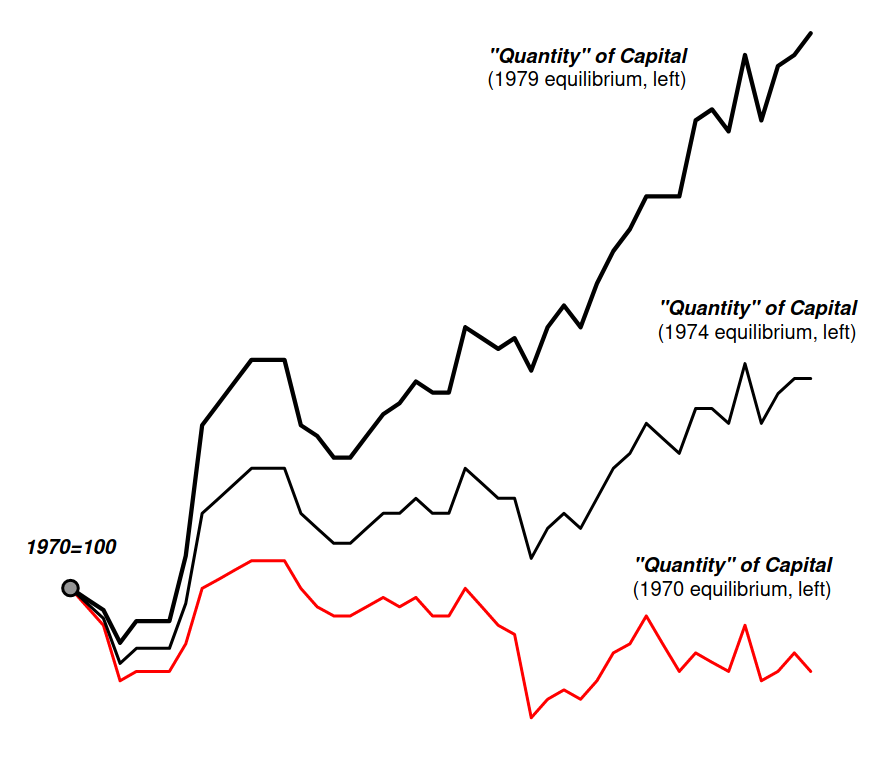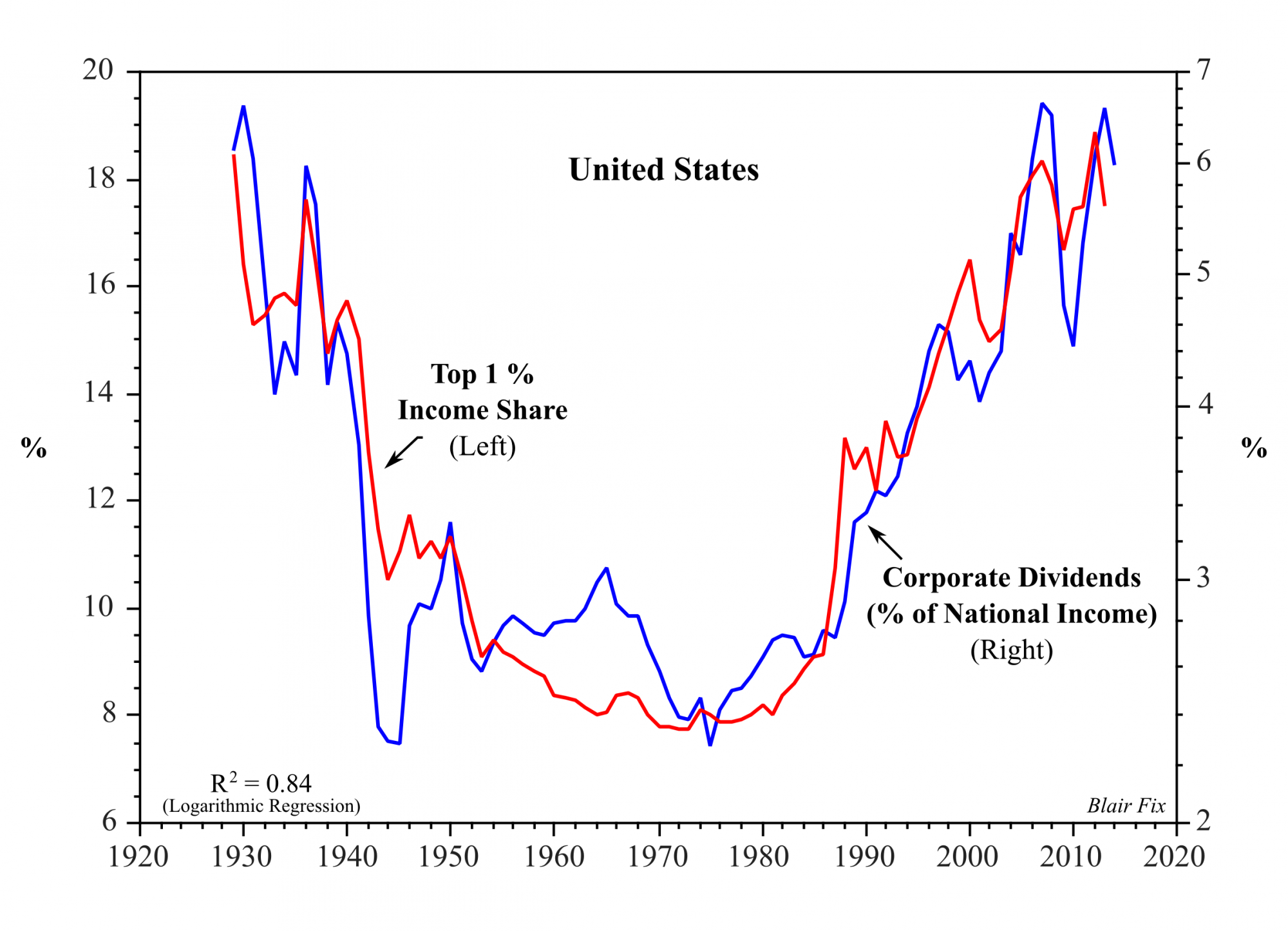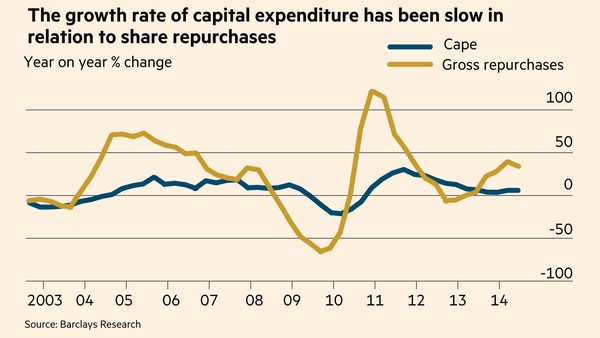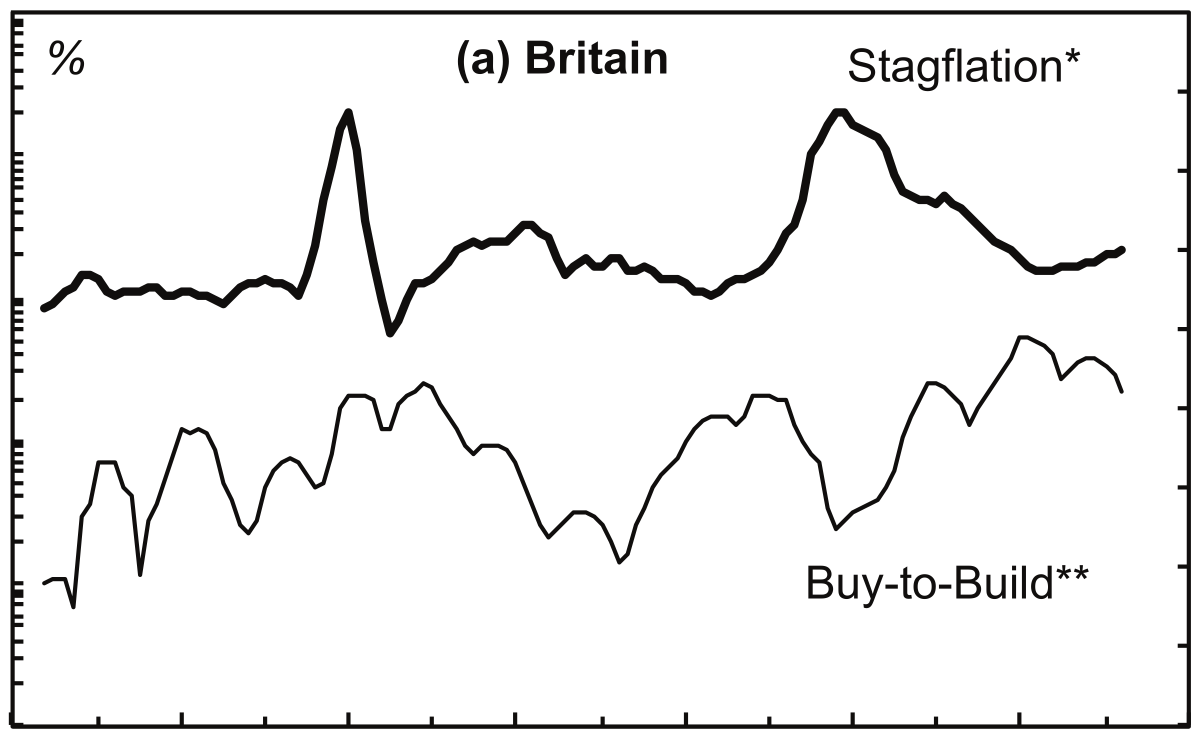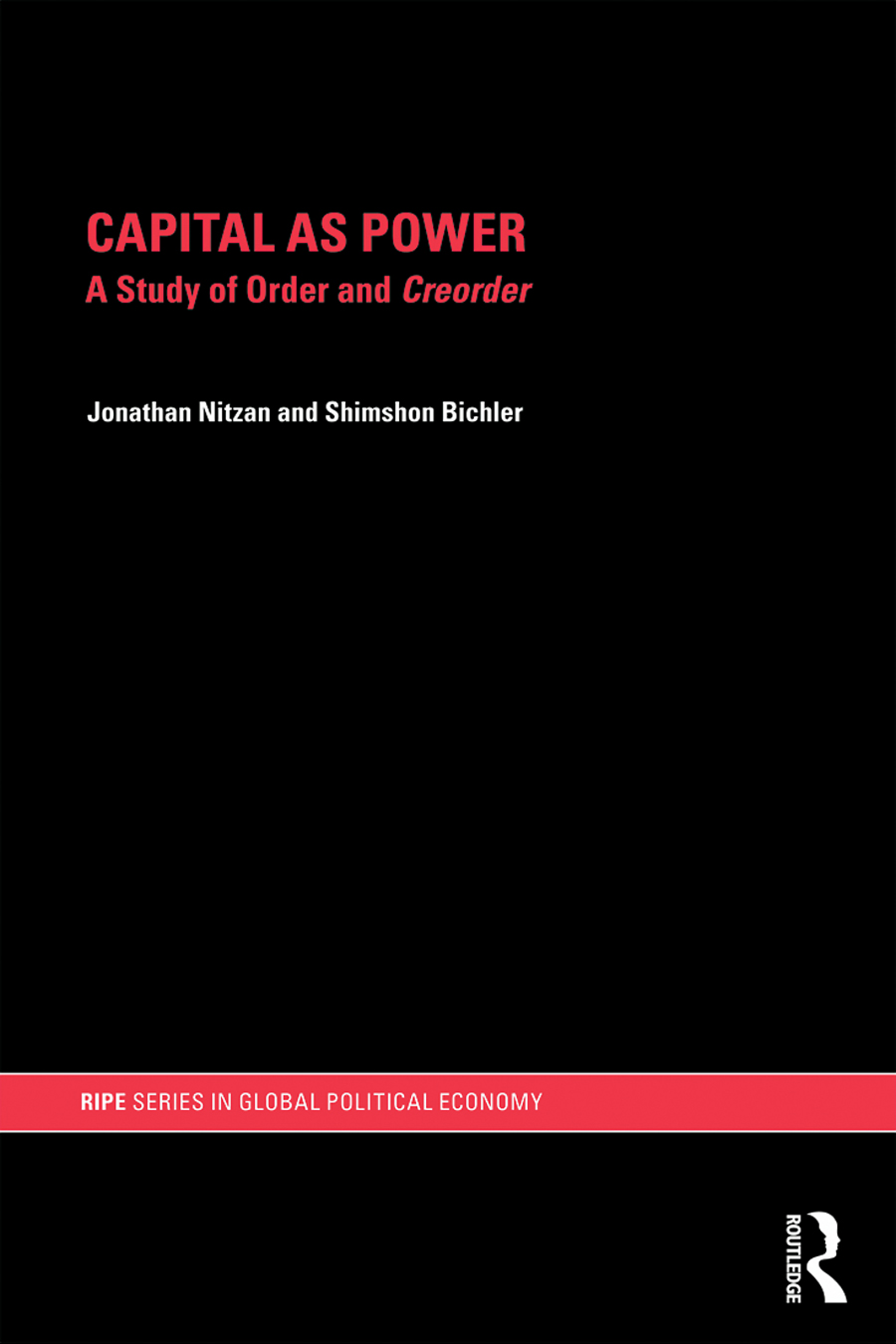Abstract ¿Qué quieren decir los economistas cuando hablan de “acumulación de capital’? La respuesta es todo, menos clara. La opinión convencional es que hay dos tipos de capital: real y financiero, que deben guardar correspondencia y que, infortunadamente, la mayoría de las veces no se corresponden, pues el crecimiento del capital financiero tiende a desajustarse […]
Continue ReadingBichler & Nitzan, ‘Capital Accumulation: Fiction and Reality’
Abstract What do economists mean when they talk about “capital accumulation”? Surprisingly, the answer to this question is anything but clear, and it seems the most unclear in times of turmoil. Consider the “financial crisis” of the late 2000s. The very term already attests to the presumed nature and causes of the crisis, which most […]
Continue ReadingSome Important Limitations of Income Inequality Data
Jonathan Nitzan Blair Fix, a PhD student in the Faculty of Environmental Studies at York University in Toronto, points to some important limitations of income inequality data. In a recent posting on capitalaspower.com, Fix shows that, in the case of the U.S., the Top 1% income share correlates not with the share of capitalists in […]
Continue ReadingBichler & Nitzan, ‘The Scientist and the Church’
Abstract The Scientist and the Church is a wide-ranging biography of research, showcasing Bichler and Nitzan’s attempts to break through the stifling dogmas of the academic church and chart a new scientific cosmology of capitalism. Central to the authors’ work is the notion that capital is not a productive economic category but capitalized power, and […]
Continue ReadingVideo & Paper: Capital Accumulation: Fiction and Reality
Presentation at UQAM, Montreal, organized by Association des Étudiants en Sciences Économiques (AESE UQAM), March 31, 2015 There are many explanations for the recent global crisis, but most seem to agree that the origins of this crisis are largely financial: the crisis started in and was amplified by the financial sector. Of course, when economists […]
Continue ReadingStock Buybacks vs Greenfield Investment
Jonathan Nitzan In his November 29, 2013 piece, ‘Low Capex, High Market Cap: A New High for Corporate Sabotage?’, Edward Lam lends support to CasP’s sabotage thesis by showing how firms with relatively low ‘greenfield’ investment outperform those with relatively high ‘greenfield’ investment. A recent FT article, titled “Money Well Spent?” (Tom Braithwaite, Nicole Bullock […]
Continue ReadingFrancis, Bichler & Nitzan, ‘The Buy-to-Build Indicator: An Exchange’
Abstract The first part of the exchange is a short article by Joe Francis. The article provides new long-term estimates and an assessment of the buy-to-build indicator for the United States and Britain, going back to the end of the 19th century. The second part offers commentary by Shimshon Bichler and Jonathan Nitzan. Citation The […]
Continue ReadingBichler & Nitzan, ‘How Capitalists Learned to Stop Worrying and Love the Crisis’
Abstract Do capitalists really want a recovery? Can they afford it? On the face of it, the question sounds silly: of course capitalists want a recovery; how else can they prosper? According to the textbooks, both mainstream and heterodox, capital accumulation and economic growth are two sides of the same process. Accumulation generates growth and […]
Continue ReadingBichler & Nitzan, ‘No Way Out: Crime, Punishment and the Capitalization of Power’
Abstract The United States is often hailed as the world’s largest ‘free market’. But this ‘free market’ is also the world’s largest penal colony. It holds over seven million adults – roughly five per cent of the labour force – in jail, in prison, on parole and on probation. Is this an anomaly, or does […]
Continue ReadingBichler & Nitzan, ‘Capital as Power: Toward a New Cosmology of Capitalism’
Abstract Conventional theories of capitalism are mired in a deep crisis: after centuries of debate, they are still unable to tell us what capital is. Liberals and Marxists think of capital as an economic entity that they count in universal units of utils and abstract labour, respectively. But these units are totally fictitious: they can […]
Continue ReadingNitzan & Bichler, ‘Capital as Power: A Study of Order and Creorder’
Abstract Conventional theories of capitalism are mired in a deep crisis: after centuries of debate, they are still unable to tell us what capital is. Liberals and Marxists both think of capital as an ‘economic’ entity that they count in universal units of ‘utils’ or ‘abstract labour’, respectively. But these units are totally fictitious. Nobody […]
Continue Reading
